A few months ago I talked about Stephen R. Covey’s, “The 7 Habits of Highly Effective People: Powerful Lessons in Personal Change” with a focus on Covey’s use of the Eisenhower Decision Matrix as an effective time management and decision making tool.
For this installment of my series, The Best Lessons from the Best Books on Marketing, I want to look at some of Covey’s other gems as they pertain to marketing for community colleges and higher education.
If you’re not familiar with it, Covey’s book as first published in 1989 and is a classic in the field of self-improvement and professional development. While it’s not about marketing specifically, most of his lessons have clear application to the work we do, especially when it comes to managing projects and relationships. Covey’s advice is simple, digestible, and very easy to implement.

The first principle I want to explore is “Be Proactive.” This sounds simple, but in our line of work where there are always lots of people pulling us in different directions, it’s easy to start feeling out-of-control. Covey’s simple advice is to be proactive about taking control of your work and life.
For Covey, being proactive means not only managing your emotional responses but also adopting strategies to help you prioritize the work that needs to be done.
On the emotional side, Covey wants us to stop thinking the problem is “out there” and instead take responsibility for how we feel.
When we’re reactive, we are stuck in a mindset that lets the world’s needs and demands victimize us. On the other hand, proactive people take responsibility or recognize that they have “response-ability” which cleverly Covey defines as the ability to choose how you will respond to a given stimulus or situation.
For example, “a proactive person uses proactive language—I can, I will, I prefer, etc. While a reactive person uses reactive language—I can’t, I have to, if only.”
The simple mindset solution he suggests is to replace reactive “mental” language with proactive language. So, instead of, “He makes me so mad,” which is reactive, try reframing your reaction to, “I am going to make my case the best I can.” In other words, you’re focusing onto the things you can do something about.
The other way to feel more in control is to adopt a time management strategy that actually helps you control your time. Like many of you, this is something I struggle with on a daily basis—how do I prioritize tasks when it seems like everything was due yesterday!?
Covey’s answer is this, “The key is not to prioritize what’s on your schedule, but to schedule your priorities.” So how do we define our priorities? Covey suggests Eisenhower’s Decision Matrix which is a well-known time management strategy that has you reframe your to-do list based on whether they’re important, urgent, important but not urgent, and not urgent or important. It’s extremely simple and totally effective. For a slightly deeper dive, read my post “Less Stress. More Success: The Eisenhower Decision Matrix for Marketers.”
The other principle I want to touch on is, “Think Win-Win.” This seems fairly obvious but can be tricky given the many departmental factions that we run up against as marketers in higher education. This is especially true if you’re trying to change or improve the way things are done. When a staff member or department head is invested in “how I’ve always done things” it’s easy for them to take “change” personally.
But the fix, in higher ed, is easy if you reframe the challenge as a win-win. For whom? For the college and students, of course! Like the Guided Pathways model that frames everything around student success, it’s often easier to navigate tricky situations if we take the focus off who’s to blame and instead reframe it around who benefits.
So, instead of pointing out what’s wrong and who needs to fix it, instead approach the issue from the perspective of how refining your processes, ads, enrollment emails, etc., benefits students. The idea that we’re all “in this together” will help make it less personal, allow them to lower their defenses, and understand the real reason you want to rewrite their emails isn’t because you think they suck, but because you think students will benefit.
Like Covey’s advice on being proactive, mindset figures heavily here. Looking for win-win situations means maintaining what Covey calls an abundance mentality, or the belief that we can all win because there’s enough success out there for everyone. This isn’t easy, but effective leadership rarely is. As Covey writes, “To go for Win-Win, you not only have to be nice, you have to be courageous.”
Good thing, you are.










